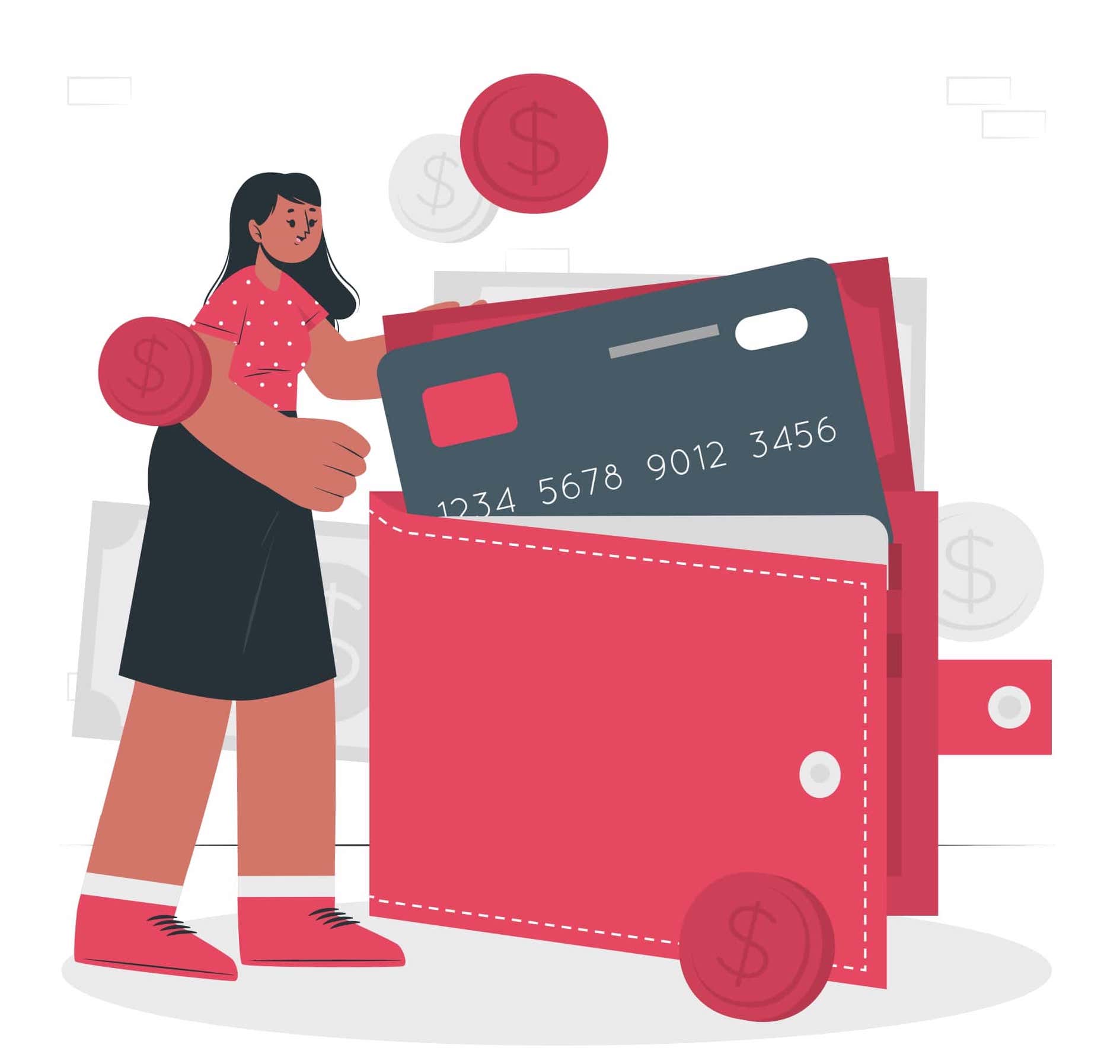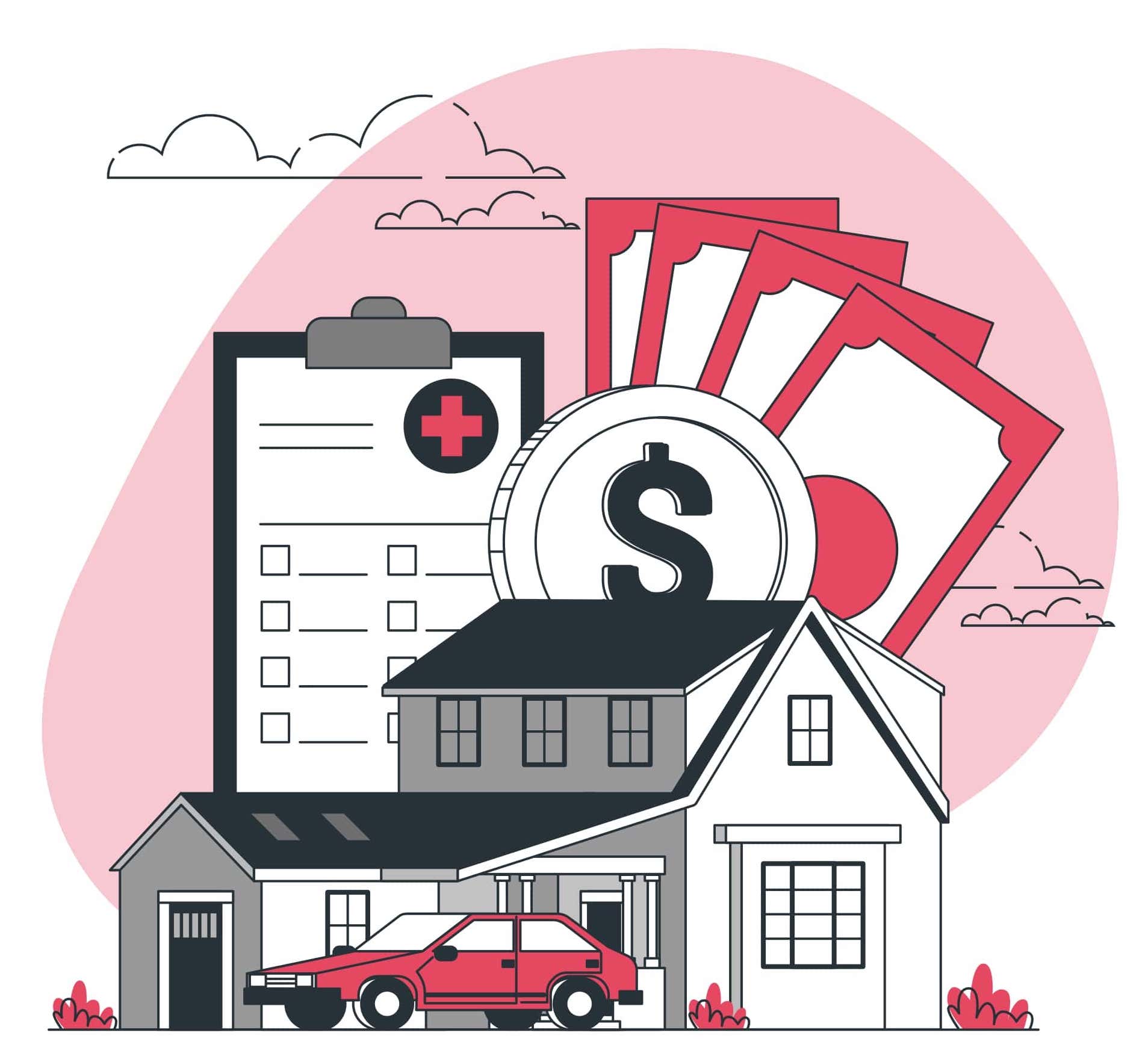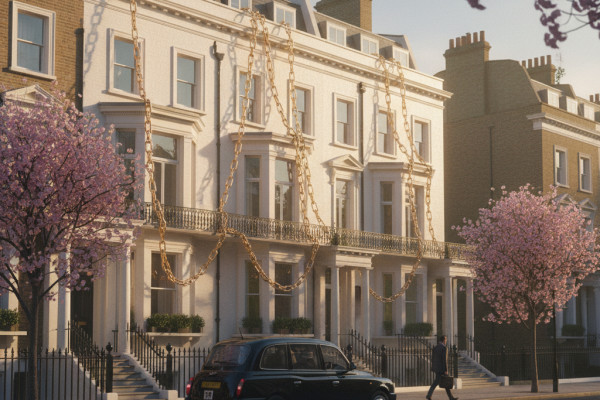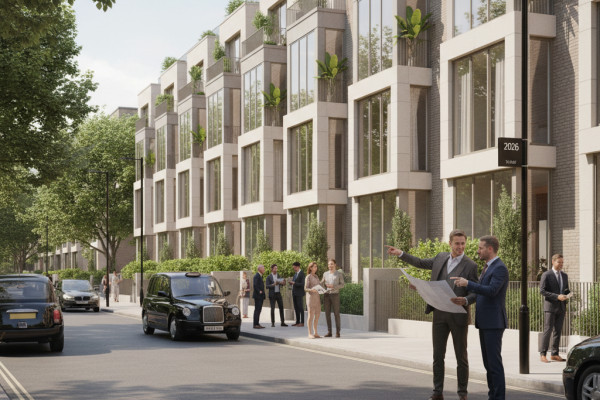
Navigating Hidden Costs and Budgeting Strategies for Buying a Property in London
Buying a home, especially in a vibrant city like London, is exhilarating. However, it's essential to be aware of the potential implicit expenses that can catch you off guard during the process.
Hidden Costs When Buying a Property in London

Stamp Duty Land Tax (SDLT)
One of the significant hideaway costs is SDLT, a tariff imposed on developments exceeding a value. Rates vary based on the real estate price, and first-time buyers might have different thresholds. It's crucial to factor this into your budget.
The tax is progressive, meaning the percentage charged increases as the property price rises.
Here are the standard SDLT rates for residencies in England and Northern Ireland:
- Up to £125,000: 0%
- £125,001 to £250,000: 2%
- £250,001 to £925,000: 5%
- £925,001 to £1,500,000: 10%
- Over £1,500,000: 12%
First-time buyers may have different rates, often with a reduced rate up to a property value threshold. It is crucial to remember that SDLT is calculated on a tiered basis, where each portion of the equity price within a specific band is levied at the corresponding rate.
Additionally, for newly built houses or developments bought through specific government schemes, there may be different SDLT rules and rates. It's essential to consult with a levy advisor or reliable stamp duty calculator to determine the precise SDLT liability for your possession purchase, as tax laws and rates are subject to change.
Legal and Conveyancing Fees
Engaging solicitors or conveyancers is essential for dwelling transactions. Their emoluments cover searches, documentation, and legal advice. Ensure you get comprehensive quotes to avoid any unexpected legal costs.

Valuation Payments
Lenders often require valuations to ascertain the building's worth and loan eligibility. These valuations come with a fee, which can vary based on the house's value.
Survey Expenditures
A property survey is crucial to uncover any potential issues like structural problems. Depending on the survey's depth (e.g., homebuyer's or building survey), payments may vary. While they add to the initial expenses, they can save you money by identifying any significant issues with the house early on.
Mortgage Arrangement and Broker Fees
When securing a loan, lenders may charge arrangement fees. Additionally, if you use a broker, their services often include extra pay.
Insurance Costs
Insurance, including building and life ones, is another expense. It's prudent to include these in your budget.

Utilities and Council Tax
Transitioning into a new home often involves setup charges for utilities like gas, electricity, water, and council charges. These can accumulate, especially if you're moving to a newly built property.
Service Charges and Ground Rent
For residencies within developments or apartment buildings, there could be service charges and ground rent, often monthly or annual.
Furniture and Home Improvement
Budgeting for furnishing your new home or making necessary improvements should be noticed. Prices can vary based on your preferences and the abode's condition.
Budgeting Tips for a Realistic Financial Plan

Research and Planning
Thoroughly research the property market in the desired area. Understand dwelling prices, taxes, and potential hidden expenses. Plan your budget accordingly.
Build a Contingency Fund
Allocate a portion of your budget for unforeseen expenses. Having a contingency fund will provide a safety net against unexpected spending.
Get Multiple Quotes
When seeking professional services like legal representation, surveys, or insurance, obtain multiple quotes to compare costs and choose the most reasonable option.
Review Your Finances
Assess your financial situation realistically. Evaluate your income, existing debts, and monthly expenses to determine an affordable budget for your new home.

Consult with Experts
Seek advice from real estate experts, financial advisors, or mortgage agents. They can guide you through the process and provide valuable insights for effective budgeting.
| Concealed Costs | Estimated Expense Range | Note |
| Stamp Duty Land Tax | 0-12% | Depends on house value and buyer's status |
| Legal and Conveyancing Fees | £800 - £2,500 | Depends on the complexity of the transaction |
| Valuation Fees | £150 - £1,500 | Depends on property value and type of valuation |
| Survey Costs | £400 - £1,200 | Depends on the type of survey chosen |
| Mortgage Arrangement and Broker Fees | £0 - £2,000 |
Varies based on the lender and use of a broker |
* These fares might vary based on development value, location, and circumstances. Always consult with professionals for accurate price estimates.
Knowing potential financial implications and following these budgeting tips will help you navigate the home-buying journey with confidence and stability in finance.
Frequently Asked Questions
FAQ
Utility costs (gas, electricity, water) and council tariffs are ongoing expenses associated with real estate ownership. The budget for these charges is based on the development type, size, and location.
Council fee rates vary by the local council. Contact utility providers and the local council for estimates and budgeting purposes.
Contract arrangement fees are charged by lenders to set up the pledge. Broker payments apply if you use a mortgage agent's services.
To minimize these expenditures, consider comparing different lenders and their charge structures. Some lenders may offer loans with no arrangement fees, while others may have lower ones.




